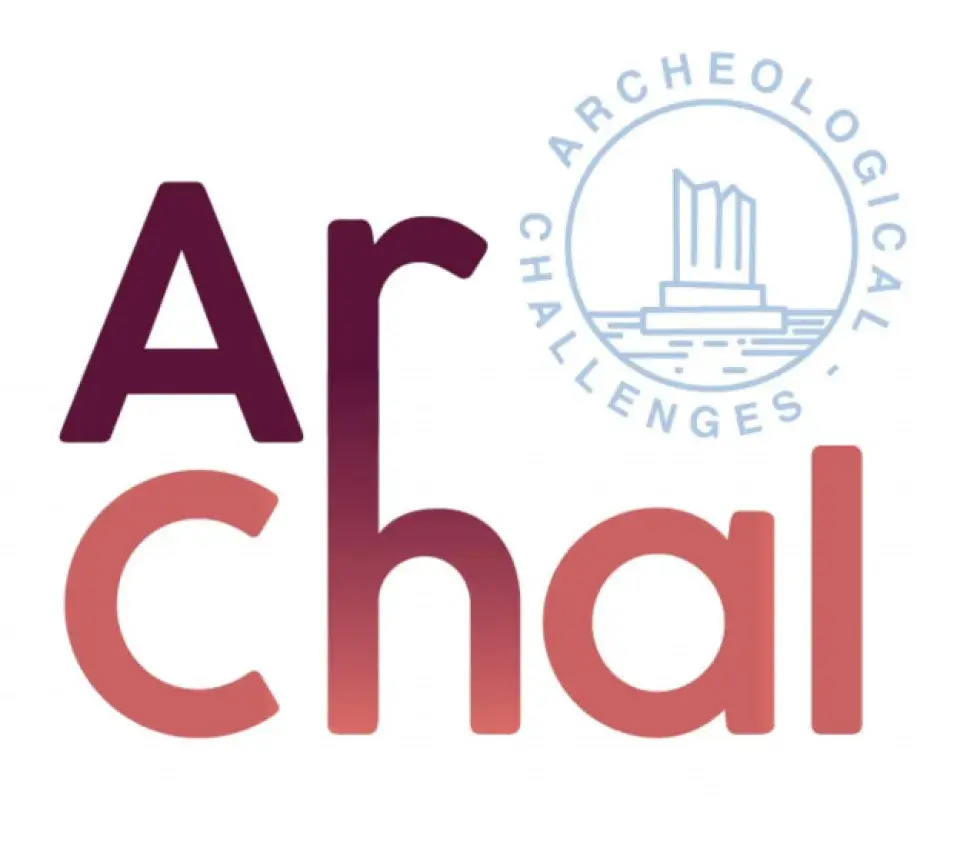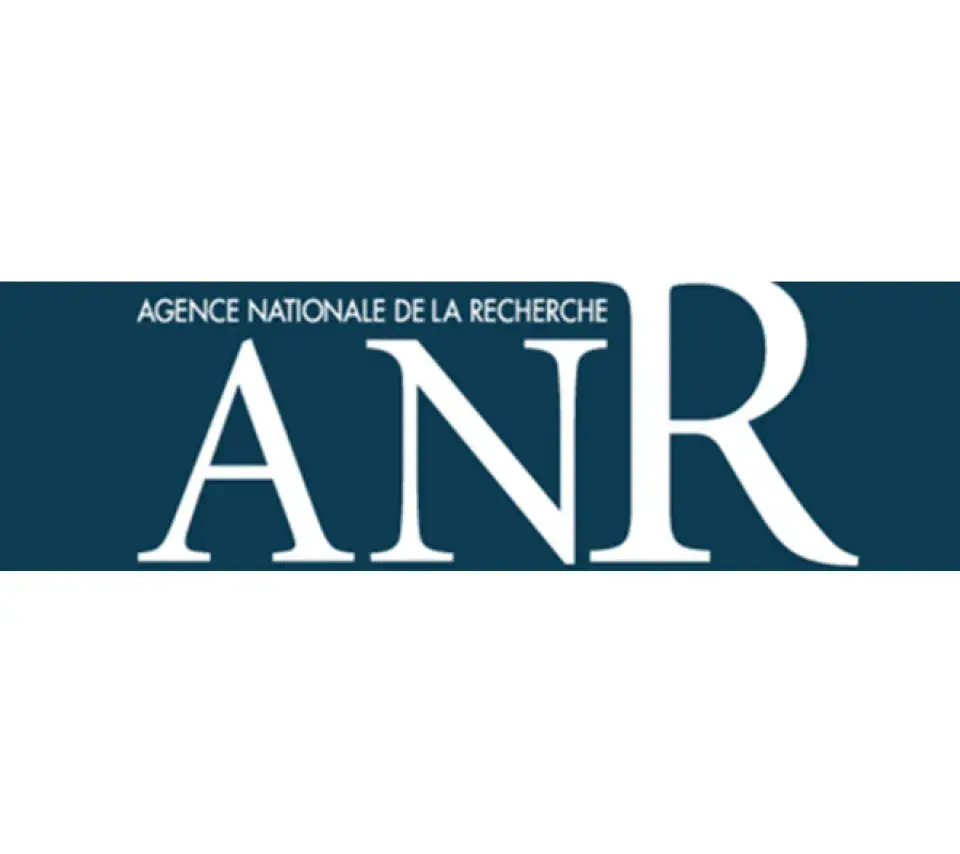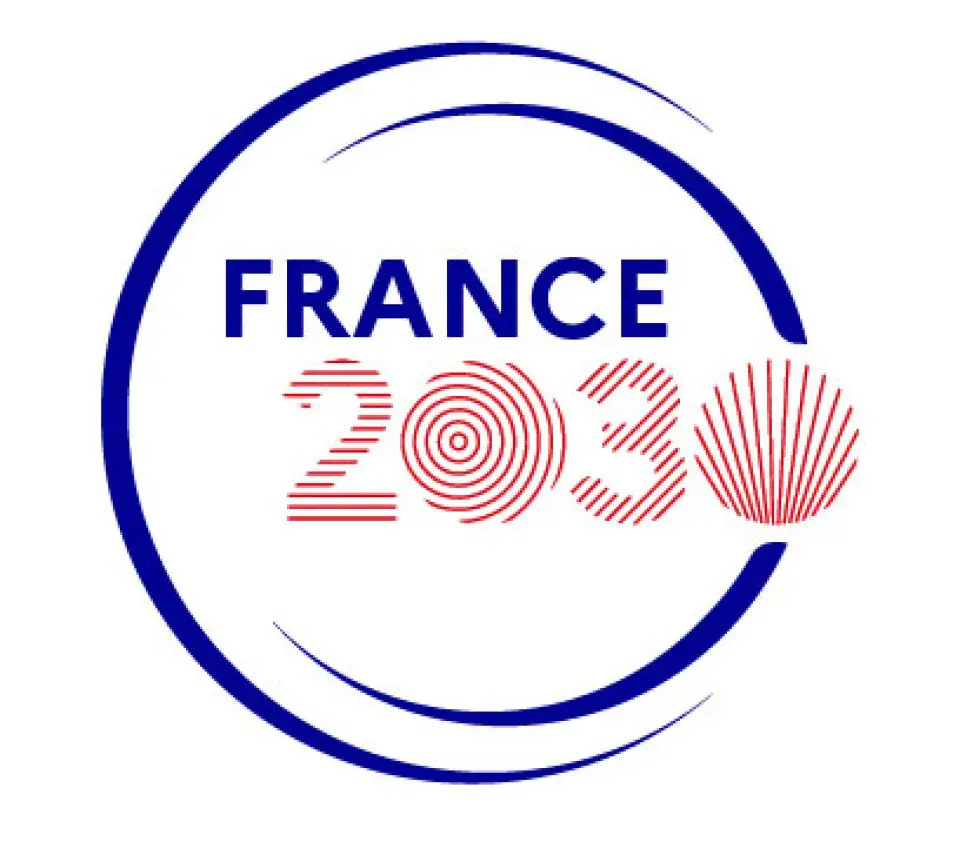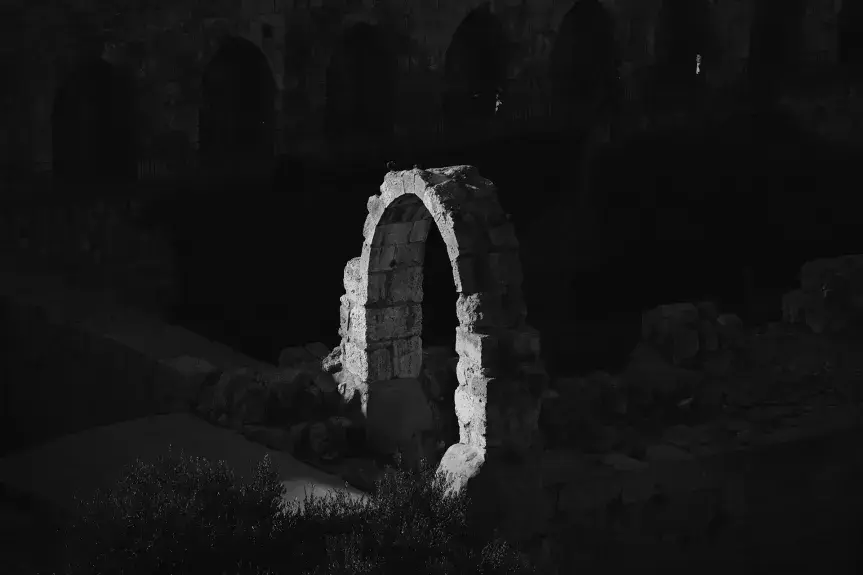
News & events
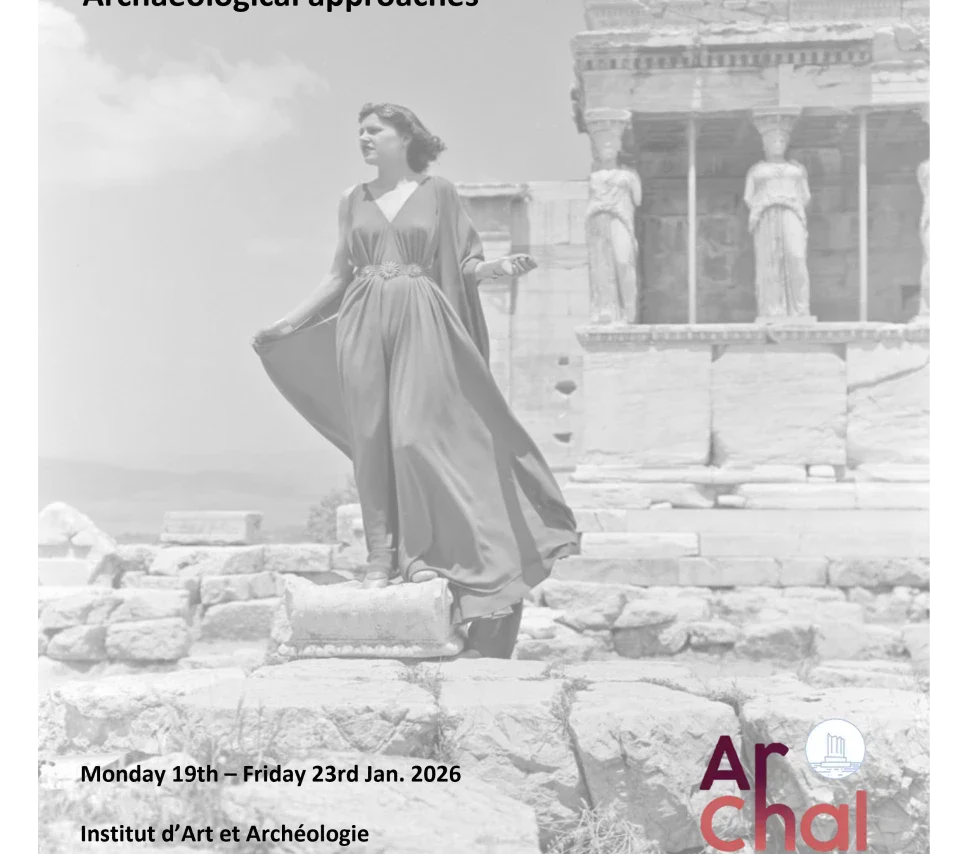
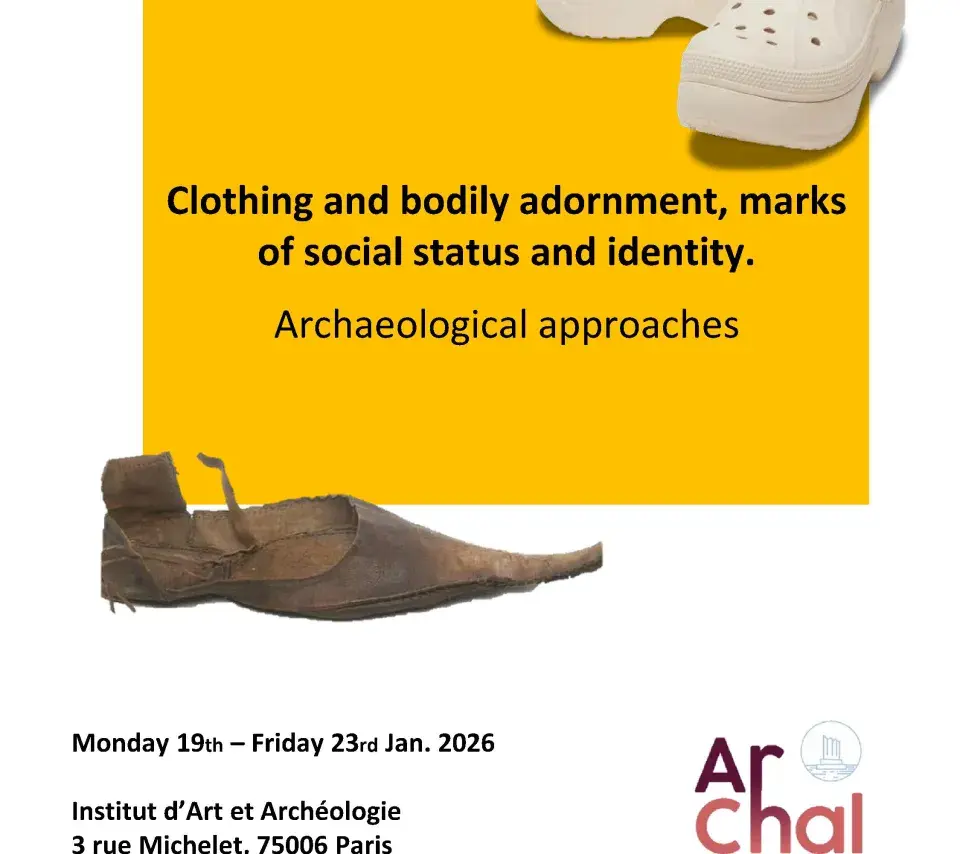
Teaching week Master - January 2026 Paris
The next teaching week, " Clothing and bodily adornment, marks of social status and identity...
Archaeology in the present: global challenges in the light of the past
The ArchaeoChallenges Graduated Research School (EUR ArChal) is led by the University Paris 1 Panthéon-Sorbonne and supported by seven partner institutions in France and Europe:
- Freie Universität Berlin – FUB (Germany)
- Universidad Complutense Madrid – UCM (Spain)
- Alma Mater Studiorum – Università di Bologna – UNIBO (Italy)
- Centre National de la Recherche Scientifique – CNRS (National Centre for Scientific Research, France)
- Institut National des Langues et Civilisations Orientales – INALCO (National Institute of Oriental Languages and Civilisations, France)
- Institut National de Recherches Archéologiques Préventives – INRAP (National Institute for Rescue Excavations and Archaeological Research, France)
- Musée d'Archéologie Nationale, Domaine National Saint-Germain en Laye – MAN (National Museum of Archaeology, France)
The EUR ArChal is a beneficiary of the Programme Investissements d’Avenir 2019. Developed in 2020, the teaching program began in November 2021.
Its aim is threefold:
- To offer innovative training in cutting-edge methods and techniques in archaeology.
- To develop original teaching and research projects (Masters, theses, scientific projects) on themes linked to current global challenges.
- To use this dual approach to enhance the professionalisation of students.
To achieve its objectives the EUR ArChal is proposing the unprecedented creation of a platform for European cooperation in archaeological teaching and research. The synergy between the partners involved in this EUR is guaranteed by shared themes, scientific and ethical values, but also through collaborations with the partner organisations that are already well established, both at institutional and individual levels.
The project is structured around four major challenges:
- Challenge 1 – Environment and climate change
- Challenge 2 – Power and inequalities
- Challenge 3 – Conflicts, mobilities and migrations
- Challenge 4 – Technology and innovation
Through a diachronic analysis of the strategies adopted in the past in the face of global challenges, the EUR ArChal offers a completely new knowledge base on the subject. It’s aimed at students, scientists, socio-economic players, and the general public. Its ambition is to contribute, in the light of the past, to the implementation of sustainable strategies to meet the challenges of the future.
The team
-
Director of the EUR
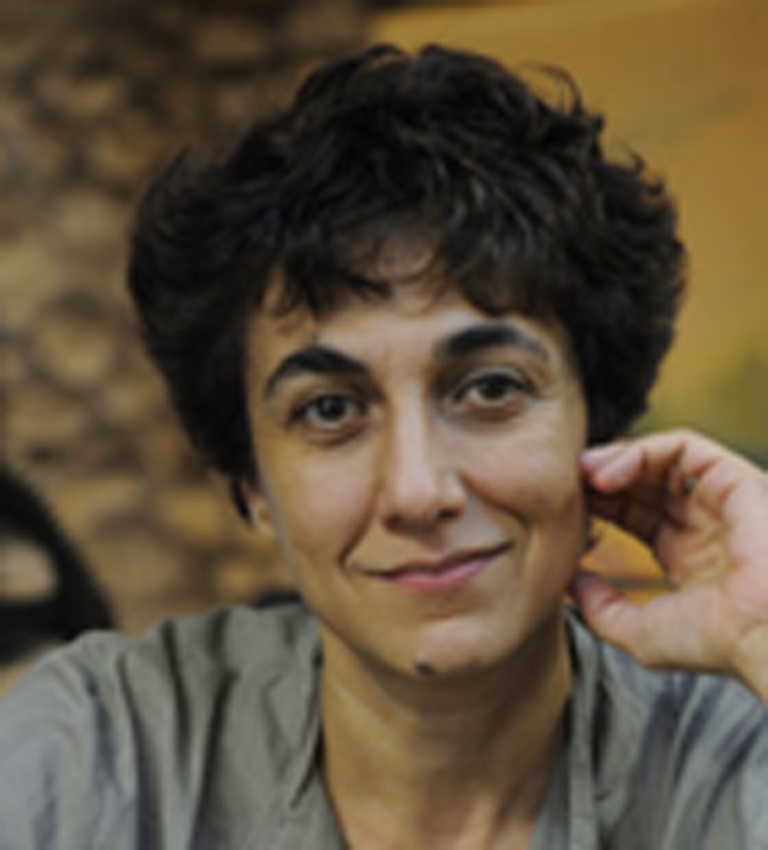
Prof. H. Procopiou
Contact: Haris.Procopiou@univ-paris1.fr
The project Director, Haris PROCOPIOU, is Professor of Archaeology at the University Paris 1 Panthéon Sorbonne, associated with UMR 7041 ArScAn (Unités Mixtes de Recherche / Mixed Research Units 7041 ArScAn). She is a specialist in agricultural and craft techniques in the Aegean World and the Eastern Mediterranean during the Bronze Age. She has taken part in several excavations in Greece and the Near East, and has led participatory ethnographic surveys (Greece, India, Tunisia) on pre-industrial techniques. In this context, Prof. Procopiou is developing strategies for safeguarding endangered know-how, in line with the UNESCO convention on the conservation of intangible heritage.
She has taken part in national (5) and international (6) scientific projects, in particular the EARTH (ESF) and PlantCult (ERC) programmes on pre-industrial agricultural and food practices. She co-directed the Lyon Science Transfert project, on the transmission of ancient knowledge to today's crafts, and the CNRS project Technologies Innovantes au Service de la Pluridisciplinarité (Innovative Technologies for Multidisciplinarity). Finally, she has coordinated two ANR projects on the history of protohistoric techniques. Her recent studies focus on the role of the senses and emotions in the creative process.
Prof. Procopiou is presently Co-chair of the Archaeology Department, Member of the UFR 03 Board and of the Doctoral School of Archaeology (ED112).
She has supervised a hundred Masters and 20 PhD students. She is currently supervising 11 PhD and 8 Master's degree dissertations.
-
Project and Administrative Manager
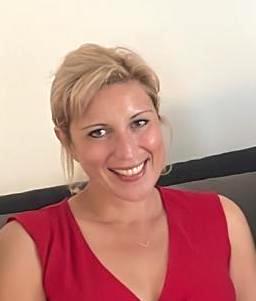
Dr. E. Morero
Contact: Elise.Morero@univ-paris1.fr
The project and administrative manager of the EUR, Dr Élise MORERO, is an archaeologist specialised in the study of ancient techniques in pre-industrial societies. Her research focuses on lapidary craftsmanship and transfers of technology. After a PhD in Aegean protohistory at the University of Paris 1 (1st national award of the MSH of Toulouse – 2010), she carried on her studies at the University of Oxford. With a grant from the Fyssen Foundation, she joined the Research Laboratory for Archaeology and History of Art in 2011, then the Khalili Research Centre from 2013 to 2021 in Oxford. She directed international multidisciplinary research projects on the stone vessels industry in the Eastern Mediterranean during the Bronze Age (3rd – 2nd millennia BC), the production of rock crystal vases in the Early Islamic world (9th – 12th century AD – with Prof. Jeremy Johns, funded by Ranros Universal) and on the use of porphyry spolia in Norman Sicily (12th century AD, project funded by the Gerda Henkel Foundation and the JFF-Oxford).
-
Methodology Chair
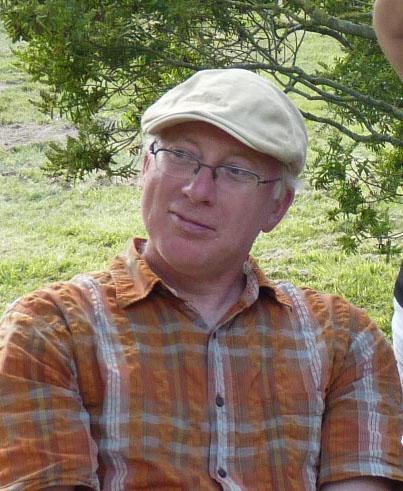
Prof. F. Giligny
Contact: Francois.Giligny@univ-paris1.fr
François GILIGNY is Professor of Methods and Theories in Archaeology at the University of Paris 1 Panthéon-Sorbonne since 2009. He teaches methodology in archaeology, from fieldwork techniques to statistics and digital technologies and has overseen preventive excavations in archaeology and led research and excavations in the Paris Basin on Neolithic sites. He created and is co-director at Paris 1 Panthéon-Sorbonne of two professional Master’s degrees: a Master’s in archaeology entitled “Engineering in Archaeology” and the Heritage and Museum Master’s Degree “Mediation and valorisation of archaeological heritage”.
As Scientific Director of the journal Les Nouvelles de l’archéologie, he has been involved in two UISPP (International Union of Prehistoric and Protohistoric Sciences) Commissions, for which he organized the 18th Congress in 2018 in Paris. His research interests include the European Neolithic, ceramic technology, methodology in archaeology, digital archaeology and digital heritage.
-
Coordinator of Challenge 1 – Environment and climate change

Prof. C. Petit
Contact: christophe.petit@univ-paris1.fr
Christophe PETIT is Professor at the University of Paris 1 Pantheon-Sorbonne since his appointment in 2011 to the Archaeology and Environment chair, the only one in France. He is the co-leader of the Research Master Archaeology and Environment and of the Environmental Archaeologies team of UMR 7041 ArscAn.
He has directed excavations and paleoenvironmental studies on numerous sites in France (Vix, Alésia, Oedenbourg, Molesme) and abroad (Greenland, Niger, Mexico). He was one of the animators of the European project “Rurland” which analysed the rural space in the north-eastern quarter of Gaul since the beginning of the middle of the 2nd century BC until the end of the 5th century AD. He is currently directing excavations, prospecting (Lidar, geophysics, geochemistry) and geoarchaeological investigations as part of interdisciplinary programs addressing the question of the relationships between ancient societies and their environment over the long term (Neolithic agriculture, occupation, and management of alluvial plains).
-
Coordinators of Challenge 2 – Power and inequalities
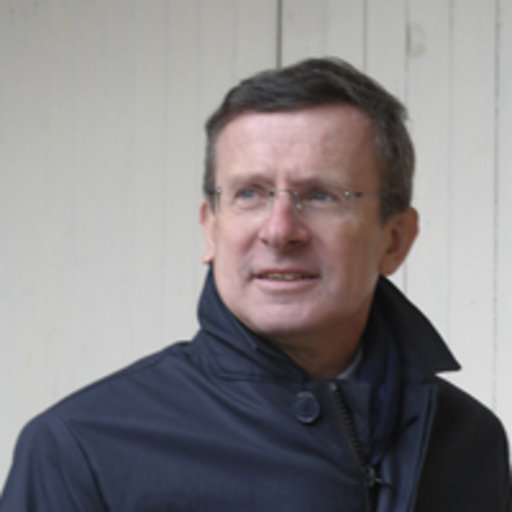
Prof. O. de Cazanove
Contact: Olivier.De-Cazanove@univ-paris1.fr
Olivier de CAZANOVE is Professor of (Western) Roman Archaeology at the University of Paris 1 Panthéon-Sorbonne. He is attached to the UMR 7041 – ArScAn, where he is co-director of the GAMA team (Gaul in the Ancient World). Former student of the École Normale Supérieure, he was a member of the French School of Rome, director of the Centre Jean-Bérard in Naples (1985-1991). Prof. de Cazanove is still conducting excavations in southern Lucanian Italy, at Tricarico (Basilicata). His work also focuses on places of worship and offerings in the pre-Roman and Roman worlds, including in Gaul, at Alesia, where he resumed archaeological exploration of a large sanctuary dedicated to Apollo Moritasgus in 2008, and is currently preparing a publication. Since 2021, as part of the Les Passés dans le Présent labex programme, he has been leading the CARDO project (CARnets de fouilles. La DOcumentation archéologique immergée), focusing on 20th-century archaeological archives in France and Italy.
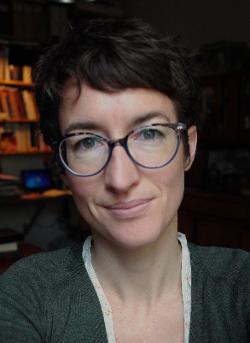
Dr. M. Pomadere
Contact: Maia.Pomadere@univ-paris1
Dr Maia POMADERE is a lecturer in Greek archaeology (from the Neolithic to the Archaic period). She is attached to the Aegean Protohistory team of UMR 7041 – ArScAn. Former member of the French School of Athens, she taught history and archaeology of the Greek world at the University of Amiens (UPJV) before joining Paris 1, where she is Director of Studies for the Bachelor (L3) Archaeology course.
She has taken part in several archaeological missions in Greece and, since 2005, Dr Pomadere has been conducting excavations in the Minoan city of Malia in Crete, which are currently being published. Her research has two main focuses, one on domestic architecture, town planning and construction techniques in the Aegean world, and the other on funerary practices, particularly those applied to children during the Aegean Protohistory and the transition to the Iron Age. She is responsible for one of the research themes of the ANR TiMMa project (Timber in Minoan and Mycenaean Architecture, directed by S. Rougier-Blanc).
-
Coordinator of Challenge 3 – Conflicts, mobilities and migrations

Prof. P. Butterlin
Contact: Pascal.Butterlin@univ-paris1.fr
Pascal BUTTERLIN is Professor of Ancient Near Eastern Archaeology at the University of Paris 1 Panthéon-Sorbonne. Former student at the École Normale Supérieure, he is involved in archaeological research in Syria and Iraq. Prof. Butterlin is also the director of the French archaeological missions at Mari in Syria and Khorsabad in Iraq.
-
Coordinator of Challenge 4 – Technology and innovation
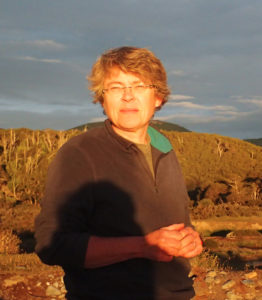
Dr. M. Christensen
Contact: Marianne.Christensen@univ-paris1.fr
Prof. Marianne CHRISTENSEN is Lecturer in Prehistoric Archaeology and Director of the UMR 6068 – TEMPS (CNRS).
Her research takes a paleo-ethnological approach to study hunter-gatherer societies. She approaches this field through the angle of technology in hard materials of animal origin production, studying the role they played in the daily lives of hunter-gatherers in Europe and southern America. For many years, her teaching, training, and research activities have mainly focused on this theme. In 2002, she federated collective research in this field by creating the Animal Resources: Acquisition, Transformation and Use research within her team.
Co-responsible for excavations at the Magdalenian site of Étiolles since 1991, she is also director of the French archaeological mission in Patagonia and Tierra del Fuego (Ministry of Europe and Foreign Affairs).
At present, she is Chair of the Master 2 program Archaeology of Prehistory and Protohistory, member of the UFR 03 Council (Board) and the Doctoral School of Archaeology (ED112). Prof. Christensen has supervised 150 Master’s degree and 15 PhD theses. She is presently supervising 8 PhD theses and 6 Master's degree dissertations.
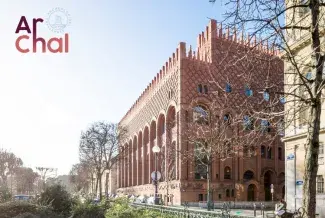
École Universitaire de Recherche Archaeological Challenges
